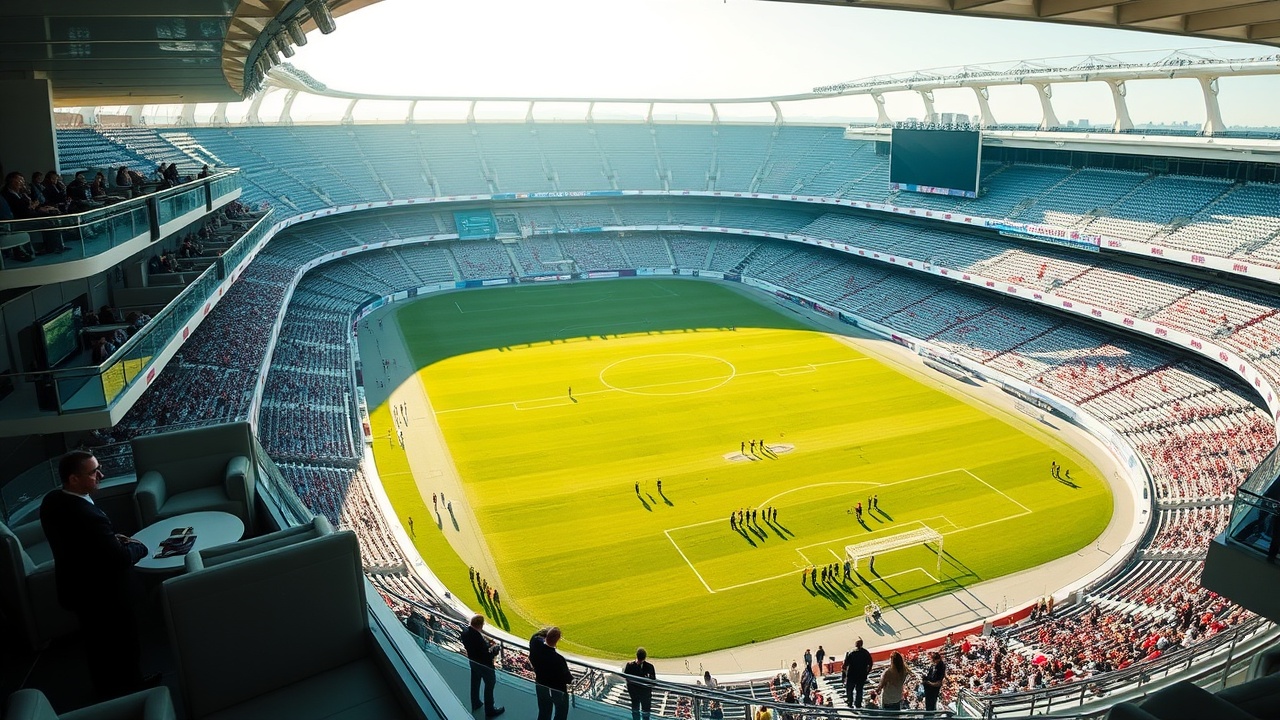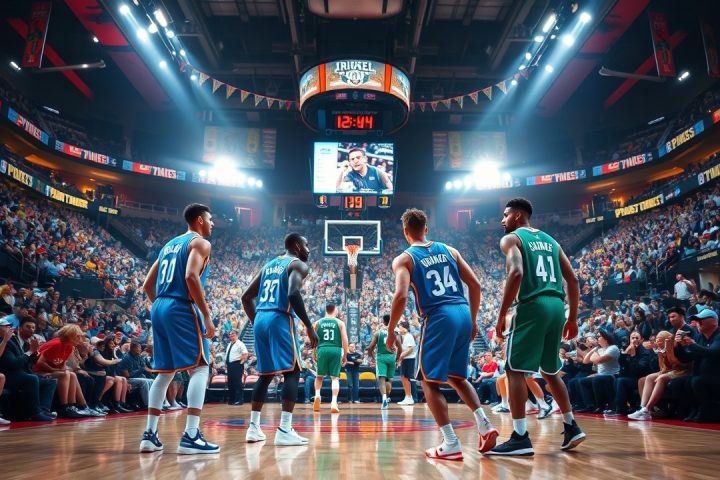Legal Action Threatened by Suite Owners
Roberto Ruano, the spokesperson for the suite owners at Estadio Banorte, announced on Monday that they are prepared to initiate legal action against the stadium’s management if an agreement regarding access for the 2026 FIFA World Cup is not reached by September 9.
Background of the Stadium and Suite Ownership
The situation arises from the stadium’s past, which dates back to its opening in 1961, when Mexican entrepreneur Emilio Azcárraga Milmo sold luxury boxes to finance its construction. Owners of these suites have a contractual agreement allowing them to use their spaces for the next 99 years, granting access to all events held at the venue.
Concerns Over FIFA Control
The concern now is that under FIFA’s control for the upcoming World Cup, suite owners could lose their rights to use their boxes during the prestigious event. In light of this, one of the box owners, Guillermo Torres, has taken legal steps by filing a complaint with the Federal Consumer Protection Agency (Profeco) to assert their rights. The matter will move to a decisive hearing on September 9, placing pressure on the stadium’s management to resolve the issue before then.
Statements from Suite Owners
Ruano, representing the interests of 134 box owners, expressed hopes that the stadium will pay FIFA to secure the suite owners’ access during the World Cup.
“The stadium proposed numerous options to FIFA, all of which were dismissed,”
Ruano told ESPN. He underscored that the solution might hinge on the stadium covering the high costs of each seat equivalent to the top ticket prices. While optimistic about the outcome, with a 95% likelihood of reaching an agreement, he cautioned that if matters are not settled by the deadline, the owners would escalate their complaint to authorities the following day.
“Profeco is merely our starting point,”
added Torres. Keeping communication lines open with Felix Aguirre, the stadium’s general manager, Ruano remains hopeful, asserting that Aguirre has assured him everything would be resolved by the designated date. The suite owners’ agreements exist solely with the stadium and not directly with FIFA, emphasizing their contractual rights and autonomy.
Historical Context and Future Implications
The legal context stems from a precedent set during the 1986 World Cup, in which Azcárraga Milmo covered FIFA’s fees to protect the rights of suite owners. Ruano noted that the critical difference this time around is the substantial rise in ticket prices. According to FIFA, they will require full control of the stadiums 30 days prior to the first match and for a week following the final match. This 83,000-seat facility will play a significant role in the 2026 World Cup, hosting five matches, and making history by being the first stadium to have hosted three different World Cups.




